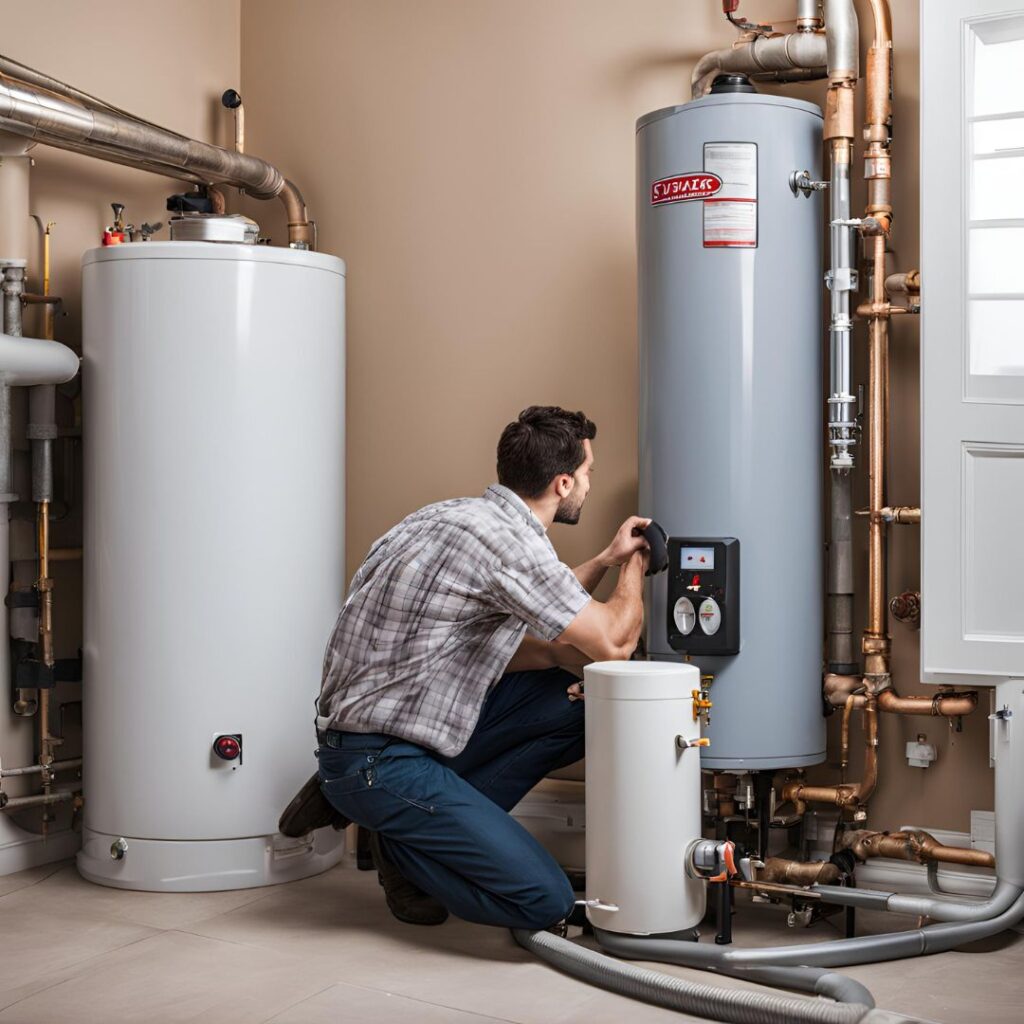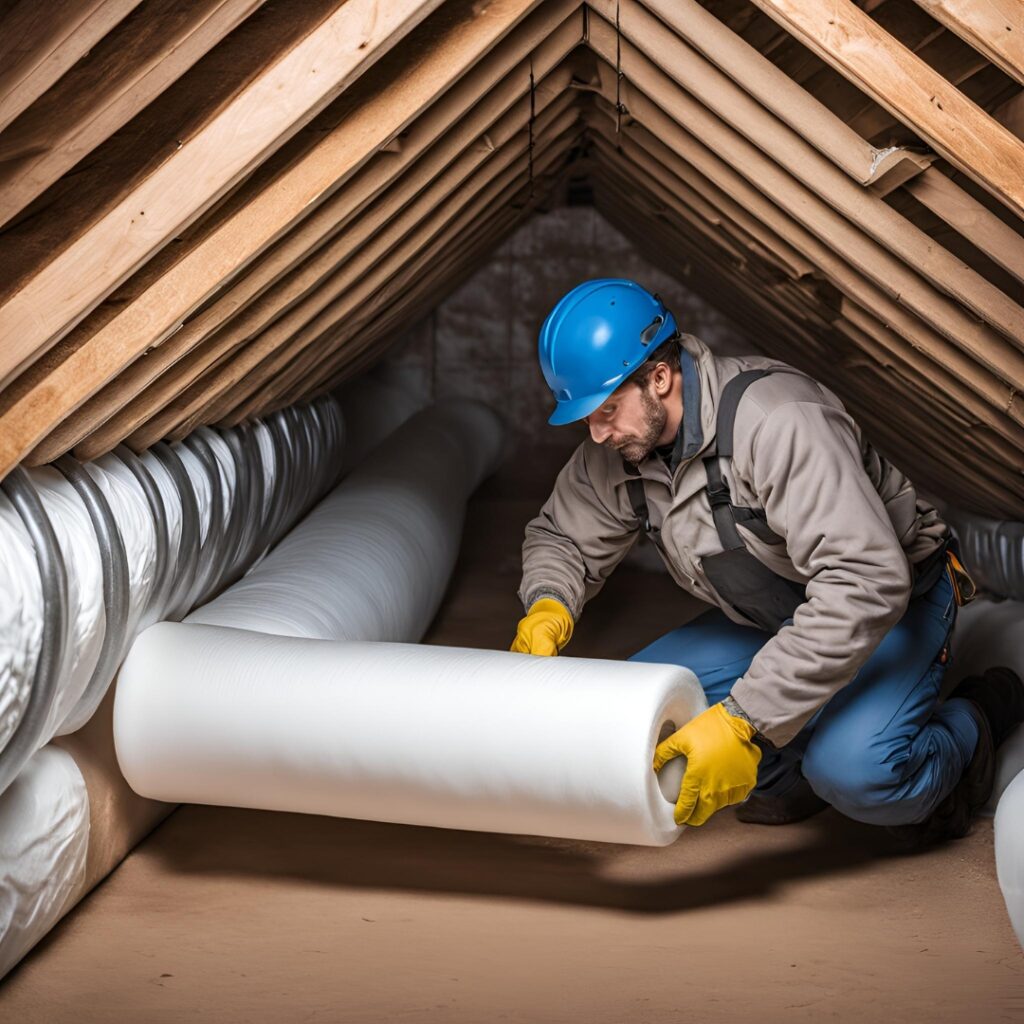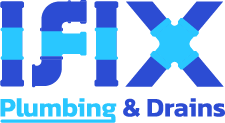

When it comes to home maintenance, plumbing is often one of the most overlooked yet critical systems that require consistent attention. The pipes and fixtures that keep your home running smoothly can also be the source of significant headaches if neglected. From preventing expensive repairs to ensuring the longevity of your plumbing system, regular maintenance is key.
In this guide, we will cover the essential plumbing maintenance checklist for each season, offering expert advice on how to care for your plumbing system year-round. Whether you’re a homeowner or a property manager, this blog post will help you stay ahead of plumbing issues and maintain a safe, functional home.
Why Plumbing Maintenance is Crucial Year-Round
Plumbing systems are essential to the comfort and functionality of your home, yet they’re often taken for granted until something goes wrong. Whether it’s a clogged drain, a leaking pipe, or a broken water heater, plumbing issues can cause significant disruption and costly repairs.
By following a seasonal maintenance schedule, you can prevent major problems before they occur. Plumbing systems are vulnerable to seasonal changes, and each season presents unique challenges and potential threats. Proper maintenance not only prevents emergency plumbing repairs but can also extend the lifespan of your fixtures and pipes.
Regular upkeep helps reduce your water and energy bills and increases the value of your home. Additionally, staying ahead of potential issues ensures your home is safe, especially during extreme weather conditions.
Winter Plumbing Maintenance Checklist
Winter can be a tough time for your plumbing system. Freezing temperatures are the number one enemy of pipes, often leading to bursts and expensive water damage. Here’s how to winterize your plumbing and prevent common cold-weather issues.
1. Insulate Exposed Pipes
Exposed pipes, especially those in attics, basements, and crawl spaces, are most susceptible to freezing. Insulating these pipes with foam sleeves or heat tape can prevent them from freezing during extremely cold temperatures.
2. Check for Drafts Near Pipes
Ensure there are no drafts near your pipes that could lead to a drop in temperature. Close off vents in unheated spaces and seal any gaps or cracks around windows and doors.
3. Let Faucets Drip
During periods of extreme cold, let your faucets drip slightly. This keeps water moving through the pipes and reduces the risk of freezing.
4. Drain Exterior Faucets
Disconnect hoses and drain any outdoor faucets. This prevents water from freezing in the pipes, which can lead to bursts.
5. Monitor Water Pressure
Cold weather can cause water pressure to fluctuate, leading to leaks or bursts. Keep an eye on your home’s water pressure and contact a plumber if you notice any unusual changes.
Spring Plumbing Maintenance Checklist
After the winter thaw, it’s time to assess any potential damage from the cold months and prepare your plumbing for the warmer weather. Here’s what you should focus on during spring plumbing maintenance.
1. Inspect for Leaks
Thawing pipes can sometimes result in small leaks that weren’t noticeable during the colder months. Check your pipes, faucets, and water heaters for any signs of water damage or leaks.
2. Test Water Heater
Winter is often when your water heater works hardest, and it’s essential to ensure it’s still running efficiently in the spring. Check the temperature setting (it should be no higher than 120°F) and inspect for any rust, leaks, or unusual noises.
3. Clean Drains and Gutters
Spring is the perfect time to clean your drains and gutters. Clear out any debris and leaves that might have accumulated over the winter, which can cause clogs or blockages in your plumbing.
4. Check Sump Pump
If your home has a sump pump, check its function and ensure it’s free of debris. This will help prevent flooding during spring rains.
5. Look for Tree Roots
Tree roots can infiltrate underground pipes, causing serious blockages. Walk around your property and look for any signs of tree roots near sewer lines, which may require professional attention.
Summer Plumbing Maintenance Checklist
Summer brings warmer weather, longer days, and increased water use. Plumbing issues during this season are often related to water consumption and outdoor activities. Here are some key maintenance tasks to keep in mind during the summer months.
1. Inspect Sprinkler Systems
Check your sprinkler system to ensure it’s functioning properly. Look for leaks, broken sprinkler heads, and other signs of damage that can waste water or damage your landscaping.
2. Test Water Pressure
Summer can lead to higher water demand, so monitor your water pressure and make sure it remains consistent. If you notice fluctuations, it could be a sign of a blockage or pipe issue.
3. Check for Pool Leaks
If you have a pool, inspect the plumbing and equipment for leaks or other issues. Pool-related plumbing issues can cause water loss and increase costs.
4. Clean Faucet Aerators
Aerators are small screens on your faucets that help conserve water. Over time, they can accumulate debris and sediment, affecting water flow. Clean or replace them to ensure smooth water flow.
5. Monitor Water Usage
With the increased need for water during the summer, consider monitoring your water usage to prevent waste. Check your toilets and faucets for efficiency and consider installing water-saving devices.
Fall Plumbing Maintenance Checklist
Fall is a transitional time when temperatures begin to dip and leaves start to accumulate. It’s an excellent time to take care of any last-minute plumbing tasks before the harsh winter sets in.
1. Winterize Outdoor Faucets
Before the first freeze, disconnect hoses and cover any outdoor faucets with insulated covers. This prevents freezing and bursting in the pipes.
2. Inspect Sewer Line
Autumn leaves can fall into gutters and cause clogs in your sewer line. Clear your sewer vents and check for any visible blockages that might impede the flow of water.
3. Check Your Water Heater
Ensure your water heater is in top condition before winter arrives. Flush it to remove sediment build-up and inspect for signs of wear.
4. Prevent Frozen Pipes
As temperatures drop, take steps to prevent frozen pipes by insulating exposed pipes and sealing cracks or gaps where drafts might occur.
5. Test the Humidity
In fall, your home can become dry due to lower humidity. Install a humidifier to keep your plumbing and pipes from drying out and cracking.
Expert Tips for Preventing Plumbing Issues
While seasonal maintenance can go a long way in preventing plumbing issues, there are several expert tips that can further reduce the risk of damage.
- Install Water Softener: Hard water can cause mineral build-up in pipes and appliances. Consider installing a water softener to reduce scale accumulation and extend the life of your plumbing.
- Monitor Water Bills: Keep an eye on your water bills for any sudden increases, which may indicate leaks or inefficiencies in the system.
- Use Drain Screens: Prevent hair and debris from entering your drains by using screens in the shower and bathroom sinks.
- Know Where the Main Shut-Off Valve Is: In the event of a major leak, knowing where the main shut-off valve is located can help you quickly mitigate water damage.
Plumbing maintenance may not be the most glamorous part of homeownership, but it is one of the most crucial. By staying proactive with seasonal maintenance tasks, you can prevent costly repairs and ensure your plumbing system runs efficiently throughout the year.
Frequently Asked Questions
Regular plumbing maintenance helps prevent costly repairs, extend the lifespan of your plumbing system, and ensures your home runs efficiently and safely.
Insulate exposed pipes, close off drafts, let faucets drip during extreme cold, and disconnect outdoor hoses to prevent freezing and bursting.
Before the first freeze, disconnect hoses, check water heaters, insulate pipes, and ensure your sump pump is working to avoid winter damage.
Ready to tackle your plumbing maintenance? Download our comprehensive checklist to keep your plumbing system in tip-top shape all year long! Or, if you need professional plumbing services, contact iFix Plumbing & Drains – Plumber Richmond Hill today for expert assistance!
